We’ve got some of the most incredible artists, creatives and entrepreneurs in our community and we are constantly shocked by how prevalent imposter syndrome is. So many incredibly talented folks are haunted by self-doubt by a society that often tells you not to think too highly of yourself, but in order to have the strength to take on big challenges and make meaningful change in the world you’ve got to believe in yourself and so we wanted to create a space for conversations around overcoming imposter syndrome.
Claudia Lems
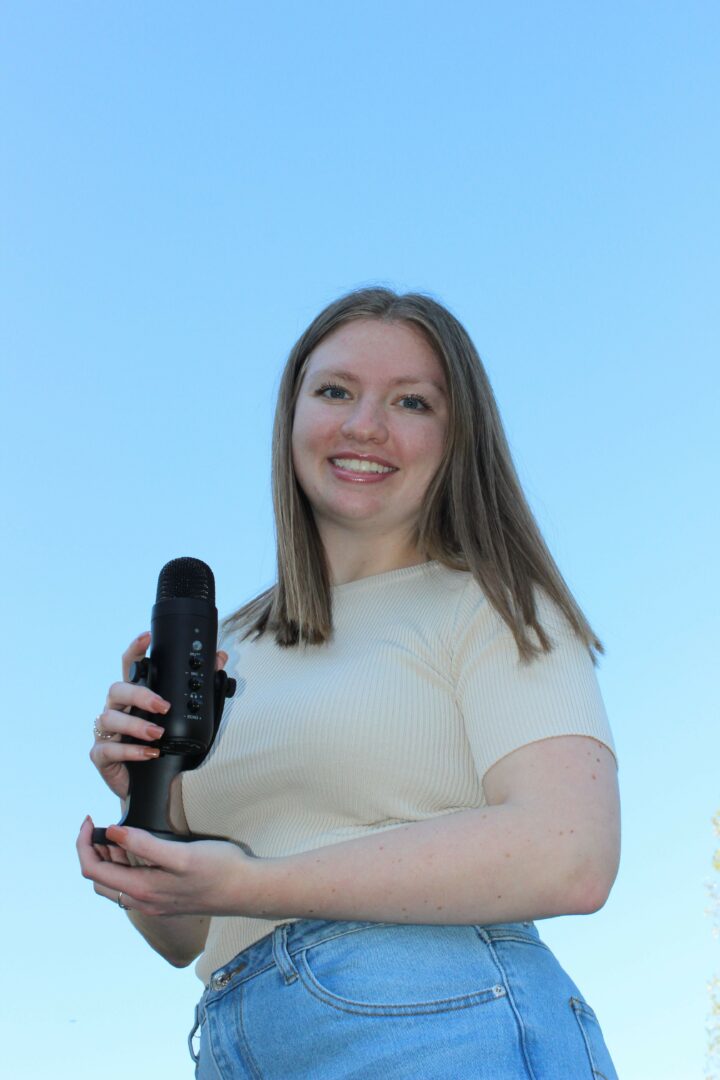
Imposter syndrome has played a huge part in my life. It started when I was in middle school playing volleyball. I played volleyball for 8 years, and for most of that time, I never felt like I deserved to be on the teams I played on. I had such a deep belief that I wasn’t actually that good at the sport, and I didn’t think I belonged on national-level teams. The belief that I wasn’t good enough started to bleed into other areas of my life as well. My imposter syndrome had me thinking I wasn’t actually a good person and I was just fooling everyone. I doubted a lot of the choices I made and the skills I had. So when I started my business, I had a million and one limiting beliefs about why I couldn’t be successful. I didn’t think I had enough experience for anyone to want to work with me, I didn’t know everything I thought I needed to know, I worried about what other people thought, and the list goes on. Around the time I made the shift to become a podcast manager, I started working with a mentor. Working with her is the reason I was able to overcome imposter syndrome and have a successful business. We worked through every limiting belief I had and proved them wrong. I focused a lot on gratitude and rewiring my brain. I worked with my mentor for nine months and I became a completely different person. I used to be afraid to leave my house and show up on social media. And now I go out to do things by myself, post videos of myself on socials, and put myself out there. I stopped trying to water myself down, stopped worrying about what other people think, and started living as my authentic, weird self. The confidence that I’ve gained since working with my mentor has done a complete 180, and I am so grateful to call my mentor a good friend now. Read more>>
Gae Helton
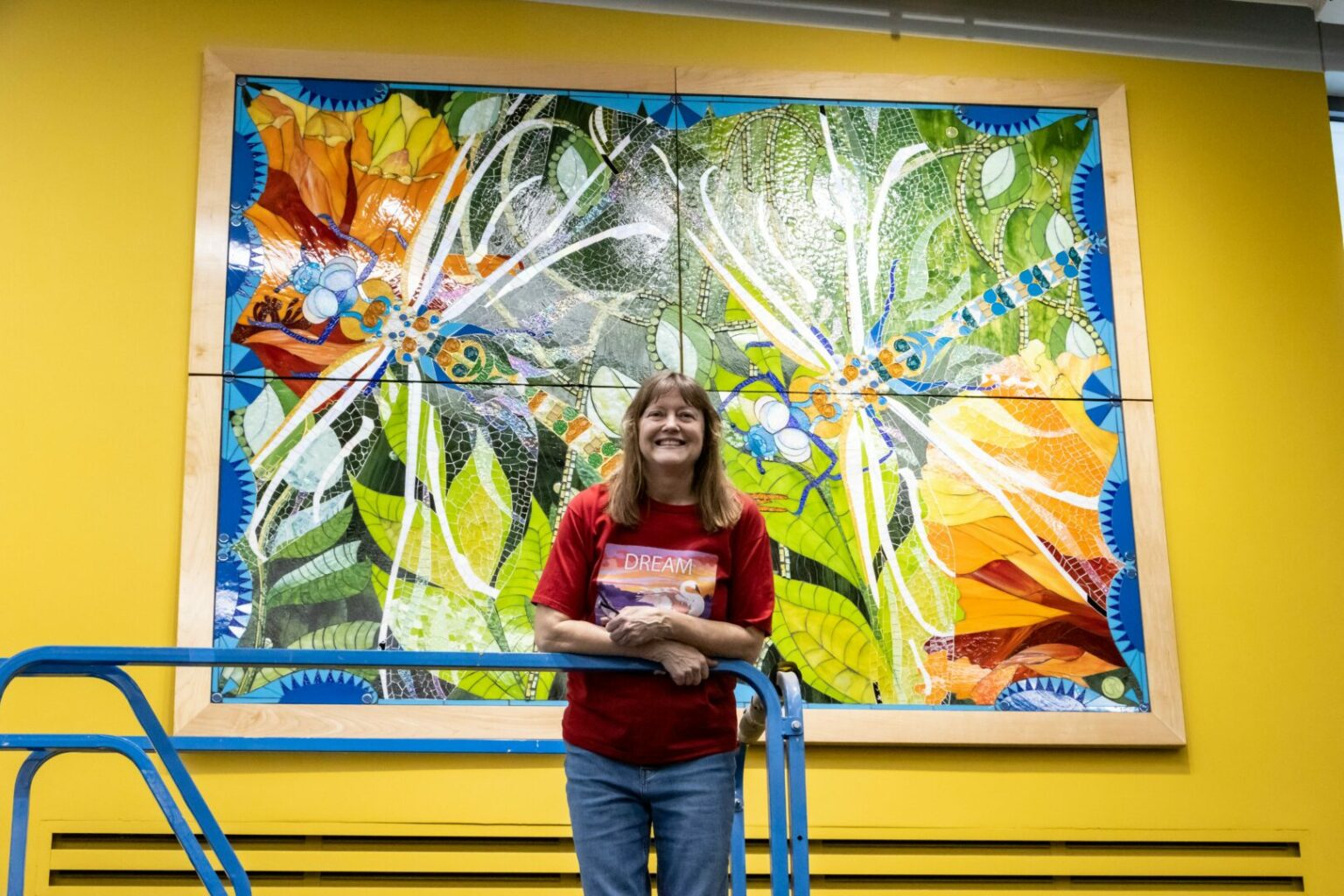
Imposter syndrome was a big deal for me. My highest level of formal education was an associates degree in commercial art. I spent 35 years in a related field as a pre-press technician. Then I was suddenly forced into retirement in a care taking situation. Painting was initially a way to relieve the boredom. It was also a lifetime goal to become a real artist. So, how do you get there? I took classes. I painted as much as I could. My paintings were accepted into a fellows program run by the Contemporary Dayton. That was the first step to meeting the Dayton artist community. Become involved is the advise I usually give when asked how to become an artist. Meeting other artists introduces you to opportunities to grow, share and reach some financial success. Dayton has a huge, vibrant artist community. There are wonderful opportunities to learn your craft, learn how to market and show your art. Becoming involved in group endeavors can give you confidence to strike out on your own for bigger projects. I became involved with K12 Gallery, designing and painting murals and working as a helper on mosaic projects. This gave me the confidence to bid on other projects, winning 3 large scale public works. Honestly, I still suffer a little from imposter syndrome. Putting myself out there enough to sell while fulfilling my caretaker roles is a bit of a juggling act. Working as a creative everyday certainly makes retirement fun. Read more>>
Jay Columbus
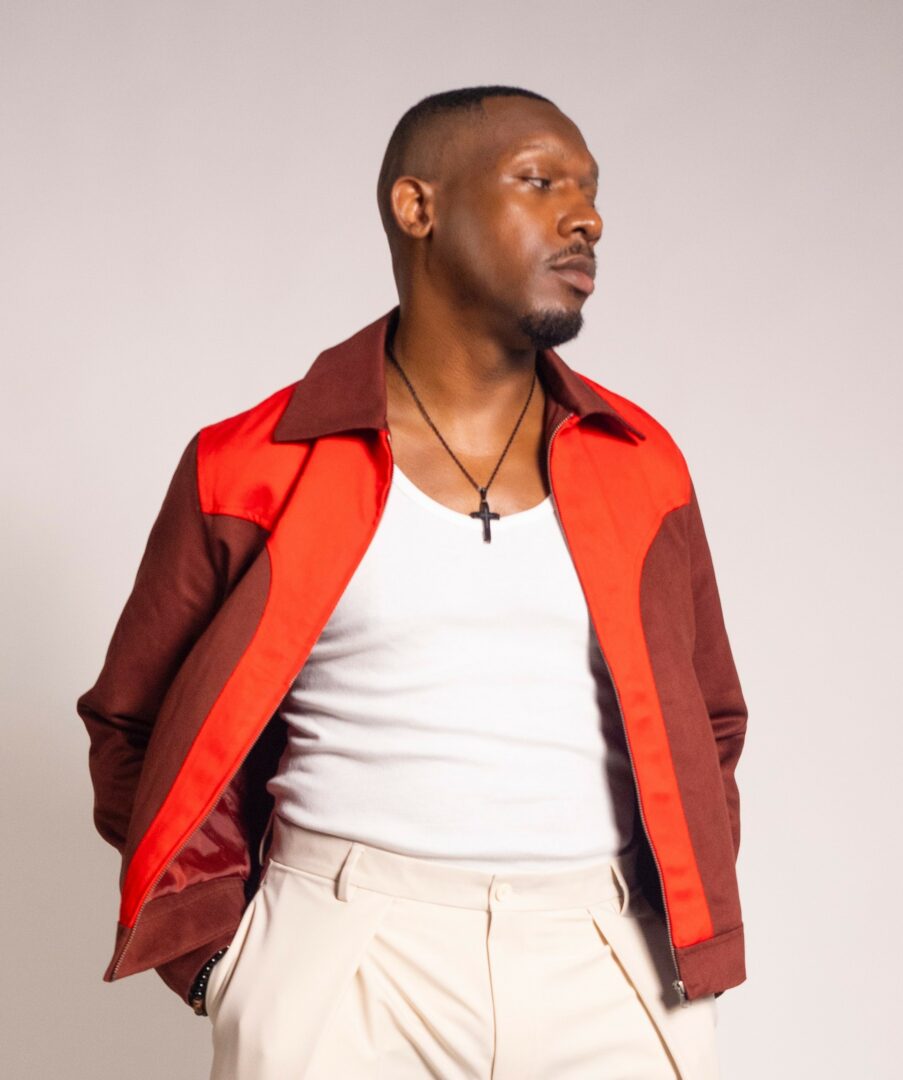
For years I thought that because I didn’t have thousands and thousands of streams and followers that I wasn’t actually any good at what I do, and that I was just fooling myself by continuing to make music. While wasting a bunch of money. But I had to snap out of that and recognize that even though it’s small at the moment, I do have a collective of loyal supporters who watch what I’m doing and support me along the way. And I remain grateful for that. I also had to force myself to understand that anything worth having is worth working for, and that it takes time to build a brand from scratch. It’s been a slow march, but remaining consistent has allowed me to expand my supporter base. And while doing that, I receive constant confirmation that I’m needed in this space. So I just keep going until my audience finds me, because I know there are lots of people searching for what I have to offer. Read more>>
Tiffany Johnson

Something very unique about Vixxen, it’s all original. So, as we developed the Vixxen Brand, we were not worried about looking like any other brand that’s out there. Of course, we look at the big designer brands for inspiration, but we genuinely come up with all of our ideas and strategies independently. Everything about Vixxen tells a story, all of the products and just the way everything came together is all original. Read more>>
Sophie Helfend
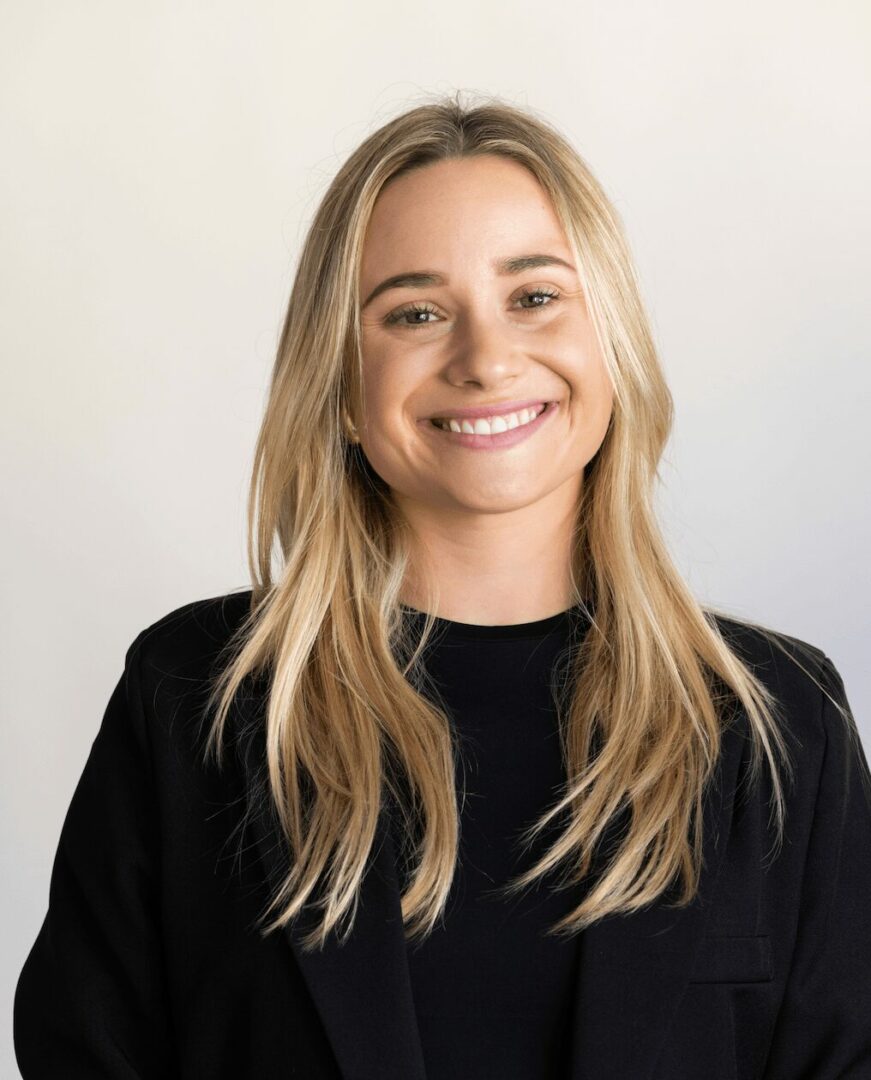
Growing up, my parents often told me, “You can be anything you want; just put your mind to it.” While encouraging, it was sometimes hard to truly believe. After a sales internship at IBM during my junior year at NYU, I craved something more challenging. I turned to my entrepreneurial parents and asked, “What should I do with my life?” They boldly suggested, “Go build a business.” Read more>>
Laura Aguirre
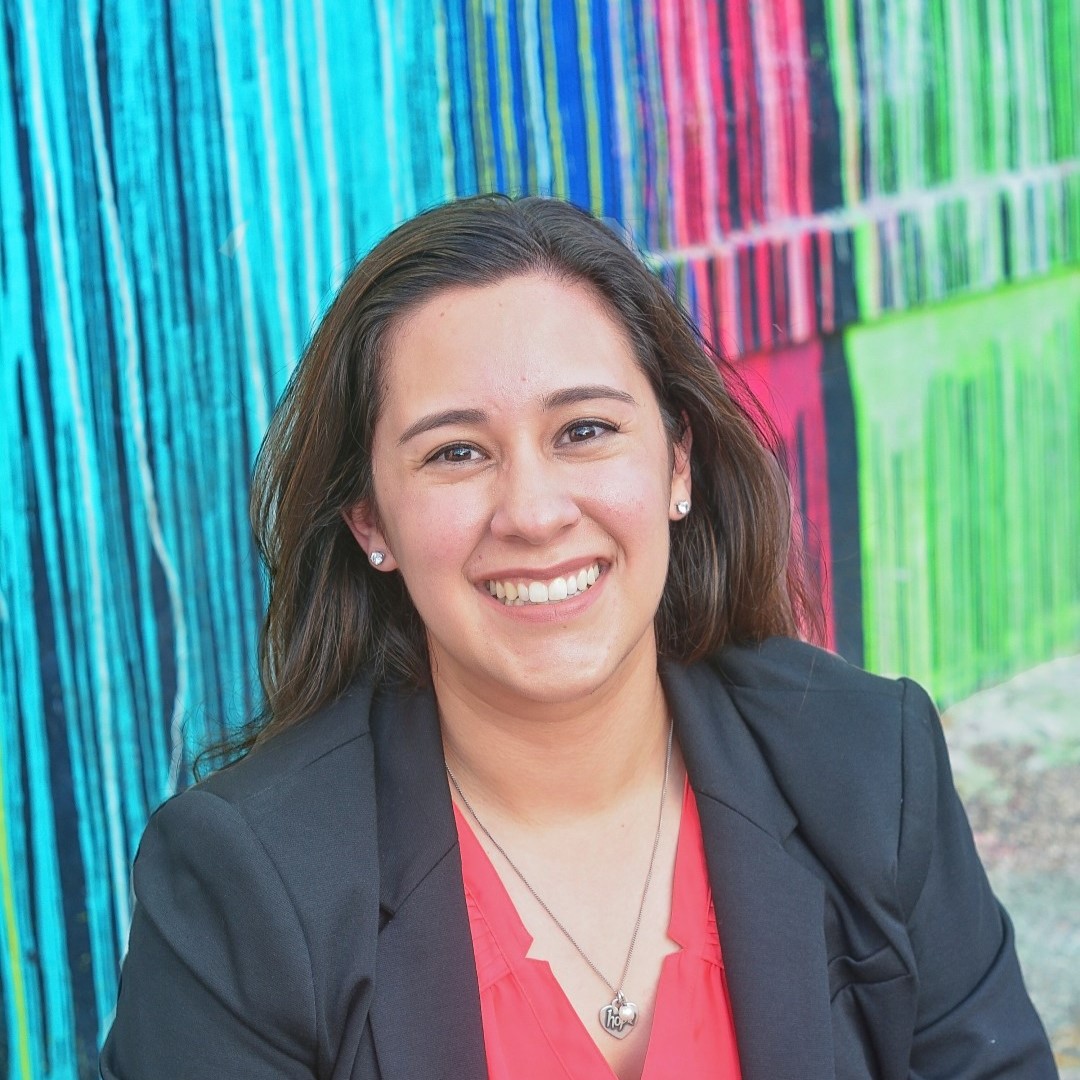
As a first-generation college graduate and second-generation immigrant, it is important to remind myself that I do belong in the spaces where I am. It is very easy to fall into the trap that you don’t know enough, that you aren’t enough. This is when I know I need to remind myself of all that I have accomplished. I also remind myself of my “why”. Why am I working in this field? Why am I dedicated to this work? It is for the people who need to feel heard, for those who need help reclaiming their dignity, and for the marriages and families that want to be stronger. I work hard with immigrant populations to help keep families together and to help them feel safe and heard. I work with faith-based populations to remove the stigma of mental health and teach that you can have faith and a therapist too. Read more>>
Brad Debeer

I tend to overcome imposter syndrome on a somewhat daily basis. Being a young doctor, I am constantly faced with patients older than me, often times as old or older than my parents. Delivering pupil speaking or medical conference speaking, along with care suggestions and treatments plans for people with kids older than me, or have serious life-altering injuries has been a large friction point of imposter syndrome. Why me? Why do you trust me with this problem? And honestly, most of the time they do, they’ve done their research, they’ve done their comparisons to other clinics and they chose Axon. Read more>>
Lydia Wood
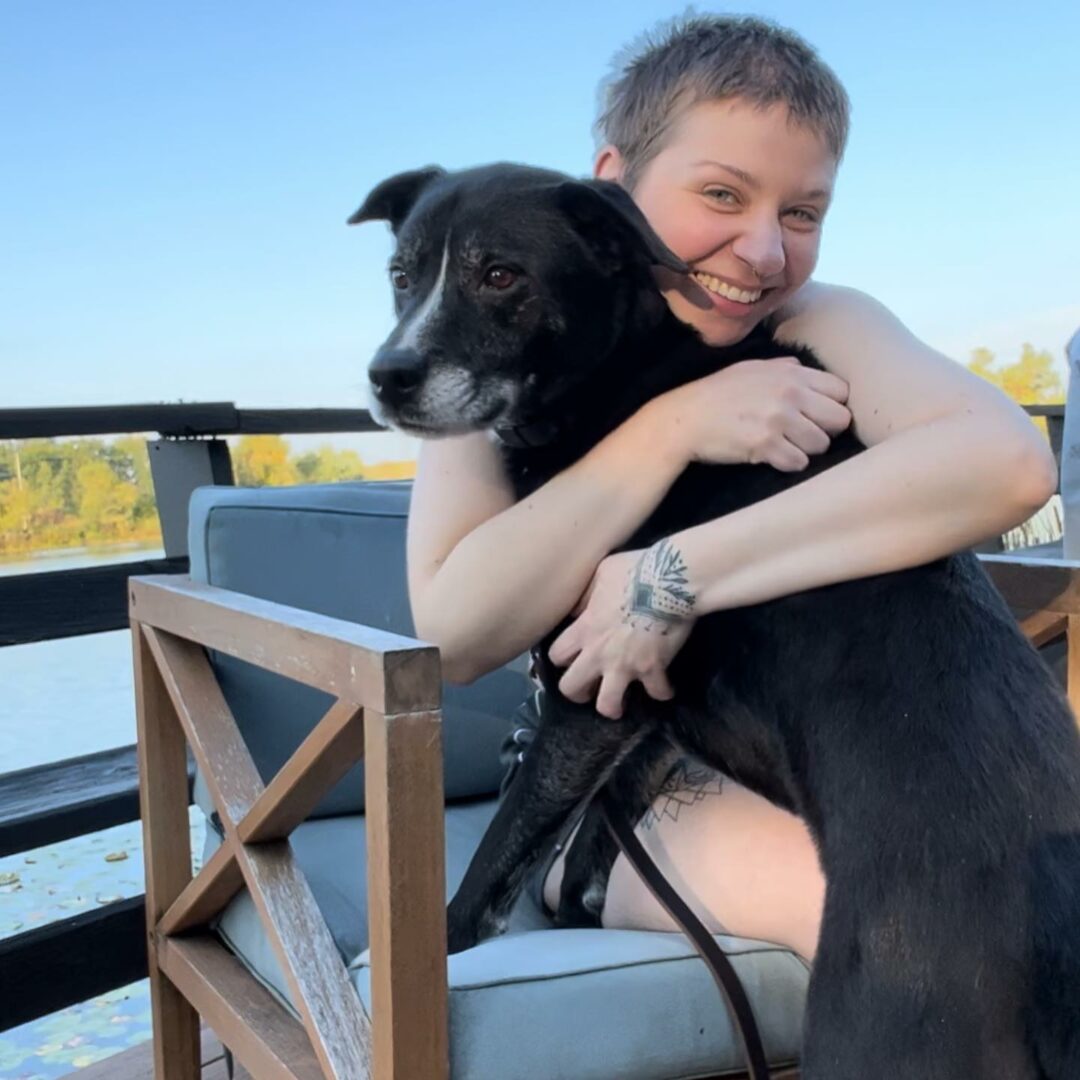
I didn’t! I simply did it all scared, did my best, and let the results speak for themselves. Read more>>
Caitlin Smith
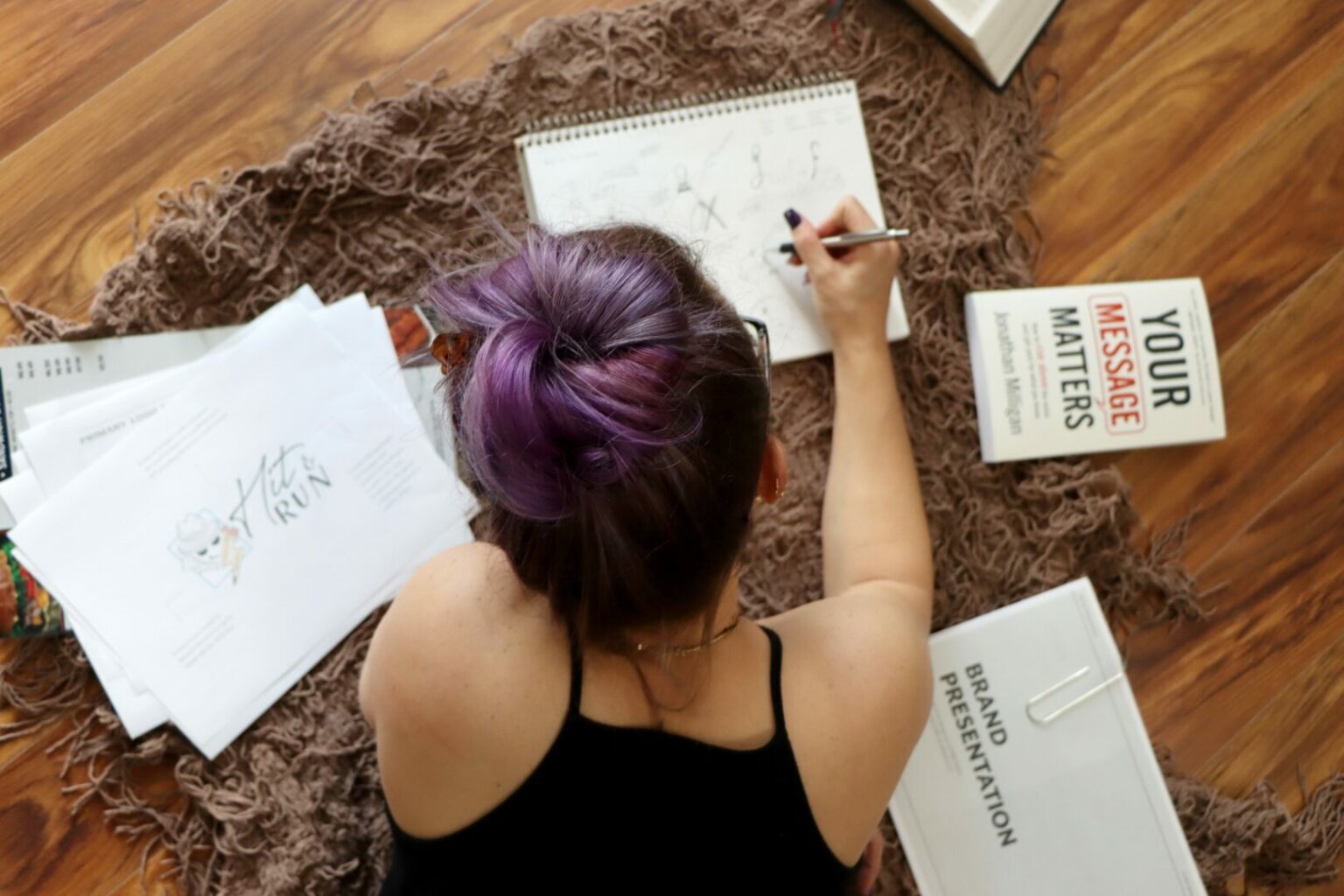
It didn’t matter that I had a 4.0 GPA or that in my corporate career I led department numbers, was fully cross-trained and requested by the heads of departments to oversee their areas while they went on vacation. I dropped out of college and therefore didn’t have ‘the papers’ saying I was capable. My self-confidence plummeted and suddenly I found myself feeling like a fake when I started freelancing in design. Imposter syndrome set in. I questioned my abilities, my worth, my direction with every snide remark or ‘oh, that’s nice’ I received. Overcoming imposter syndrome required me getting out of my hometown and building up enough evidence to prove to myself I hadn’t lost any ability but instead had every opportunity that could be created. I stopped accepting any local clients and began networking and partnering on projects with people out of my circle. I took risks and with each project and each risk, I built evidence for myself that I was committed, I could trust myself to follow through and figure it out, even if it was something I wasn’t skilled or knowledgeable in, yet. Knowing you can trust yourself to show up and figure it out and then positioning yourself openly as a sponge and life-long student instead of an expert really helps remove the feeling of posing as something you’re not. Read more>>
Elysia Way

Imposter syndrome is a very common, frustrating challenge. While I haven’t entirely conquered it, (and I’m not sure that’s even possible,) I have spent a lot of time developing strategies to manage and live with it. One of those is journaling, which allows me to reflect on my journey and acknowledge my growth. When bigger feelings of self-doubt arise, I find that a conversation with a trusted friend, family member, or mentor, can help provide me with valuable perspective and some solid reassurance. I think it’s important to remember that imposter syndrome is often a persistent feeling, but it doesn’t define your capabilities. By recognizing and strategically addressing these thoughts, you can start to build resilience towards them, and continue to strive towards your goals. It may not feel like it, but you can be humble and incredibly proud of the work you’ve done at the same time. You have to let go of the fear of how others may perceive you, and learn to trust that the people who truly love, support, and value you, will WANT to see you embracing the amazing things you’ve done, and the incredible person you are. 🙂 Read more>>









